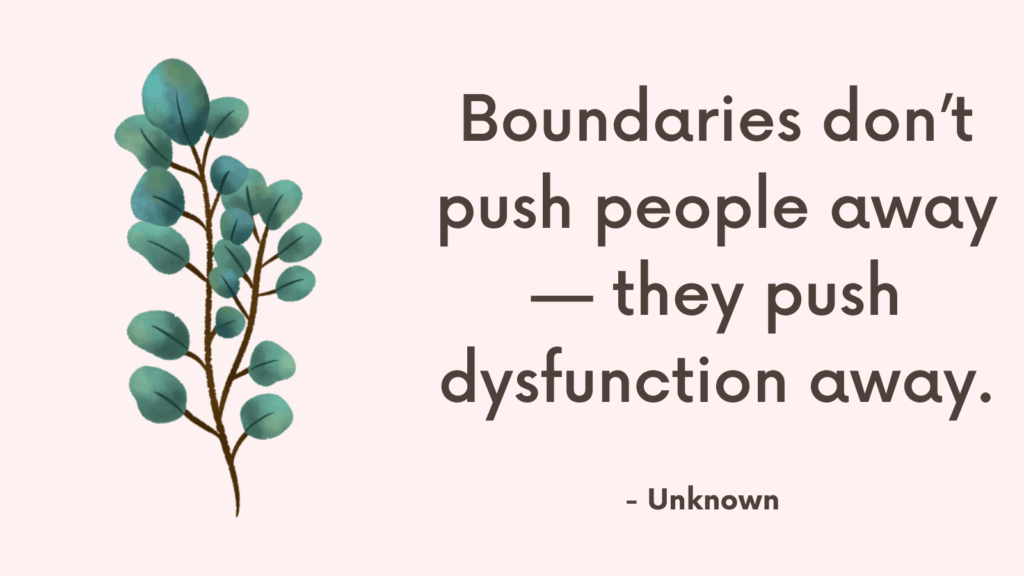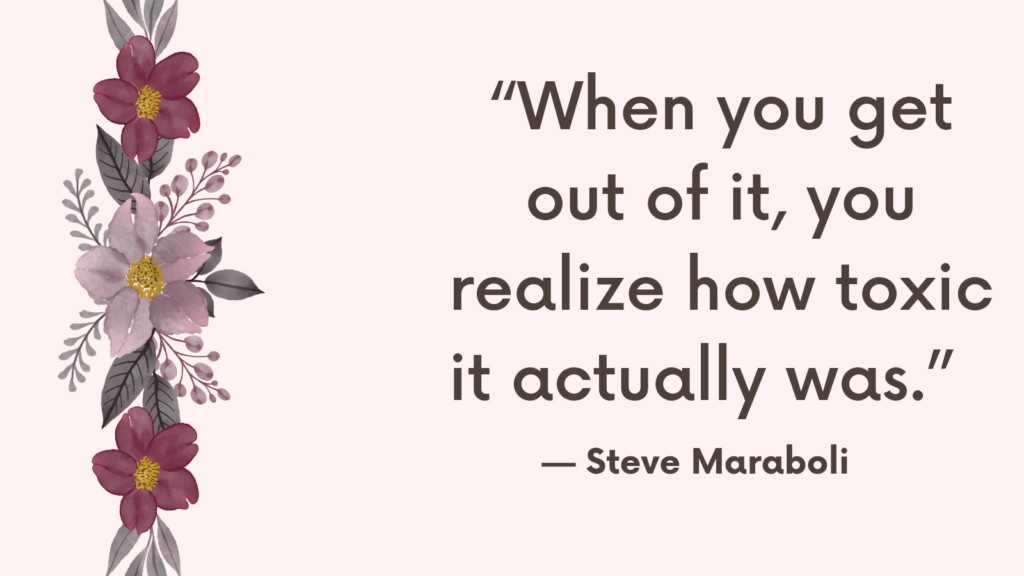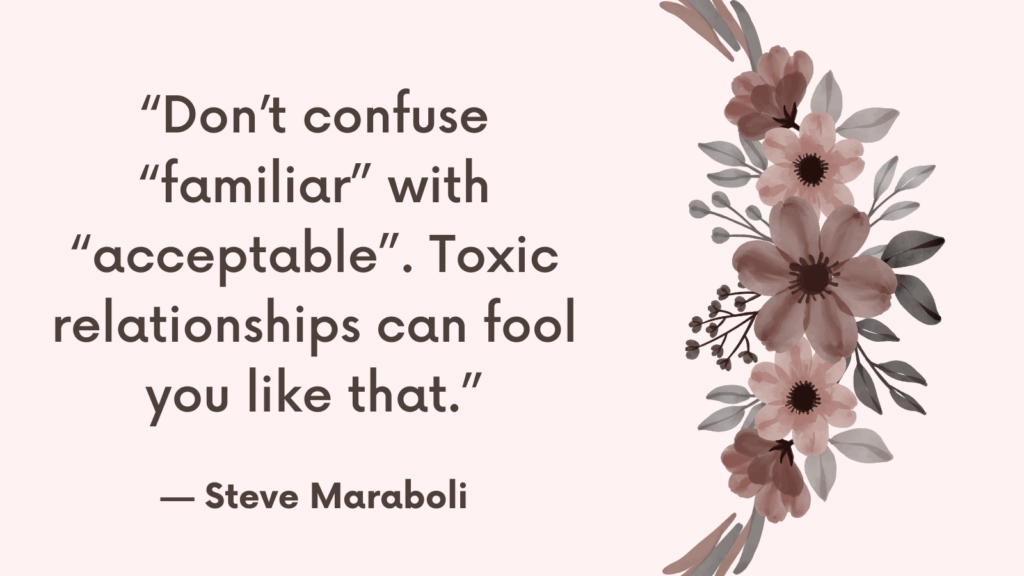Emotional disconnection isn’t about revenge, resentment, or shutting down. It’s about finally releasing the grip of someone who’s caused you harm—so you can come back to yourself. Whether it’s a toxic ex, a narcissistic parent, a manipulative friend, or someone who simply keeps wounding you, disconnection is not cruelty. It’s clarity. You are allowed to care less when someone has cared too little.
What Does It Mean to Emotionally Disconnect?
Emotional disconnection means they no longer have power over your thoughts, energy, or self-worth. It means detaching your peace from their behavior. You might still remember them. You might still wish things were different. But you stop feeding the story. You stop waiting for them to change, see you, or fix the past.
Signs You Haven’t Emotionally Disconnected
You replay conversations or scenarios in your mind
You secretly hope they’ll reach out or apologize
Your mood shifts when you see them online or hear their name
You’re still trying to prove your side of the story
You feel stuck in resentment, longing, or self-doubt
Emotional attachment keeps you connected to pain long after the person is gone.
How to Emotionally Disconnect From People Who Hurt You?
1. Let Go of the Fantasy That They’ll Change
Stop waiting for the apology, the closure, or the moment they “finally get it.”
Say to yourself:
“I accept that who they are now is who they’ve shown me. I don’t need to stay hopeful to heal.”
2. Cut the Emotional Cord—Not Just the Contact
It’s not just about blocking their number.
It’s about no longer obsessing over what they’re doing, thinking, or saying.
“They’re no longer a character in my daily thoughts.”
Related: The Psychology Behind Cheating And Lying
3. Acknowledge the Pain They Caused—Without Diminishing It
Don’t minimize what happened. Don’t rationalize it away.
Say the truth plainly:
“That hurt. It wasn’t okay. And I don’t have to carry it any longer.”
4. Stop Re-Reading the Past
Every time you re-analyze the conversation, the message, the betrayal—you re-attach.
Remind yourself:
“Replaying it won’t rewrite it. My healing lives in the present.”
5. Protect Your Mind From Their Voice
Do you still hear their criticism in your thoughts? Their guilt-tripping?
Replace it with your own:
“I don’t have to live by their version of me.”
Practice inner voice repair.
6. Let Yourself Be Angry—Then Let It Move
Anger is valid. But don’t live there.
Scream into a pillow. Journal it out. Cry it out. Then breathe.
Make space for what comes after anger: release.
Related: Breakup Therapy: 6 Techniques to Help Clients Cope With Grief
7. Reclaim What You Lost in the Relationship
Maybe it was self-esteem, peace, joy, identity. Name what was taken—and take it back.
“That part of me belongs to me again.”
8. Set a Clear Emotional Boundary
You can say:
“They no longer get access to my energy, my reactions, or my pain.”
Then enforce it—with silence, space, and self-focus.
9. Grieve the Version of You That Stayed Too Long
Be gentle. You stayed because you loved, hoped, or didn’t know better.
Say: “I forgive the version of me that didn’t leave sooner. They were doing their best.”
10. Choose Indifference Over Bitterness
You don’t have to wish them harm. You just no longer have to feel anything.
Indifference is freedom. It says: “I’m no longer emotionally available for what hurt me.”
Related: How to Heal From Infidelity Trauma?

Conclusion
Emotional disconnection isn’t about being cold. It’s about being free.
Free from the story. Free from the cycle. Free from the weight that was never yours to hold.
You can walk away, not with hate—but with healing. Because loving yourself enough to let go is the most powerful closure there is.



